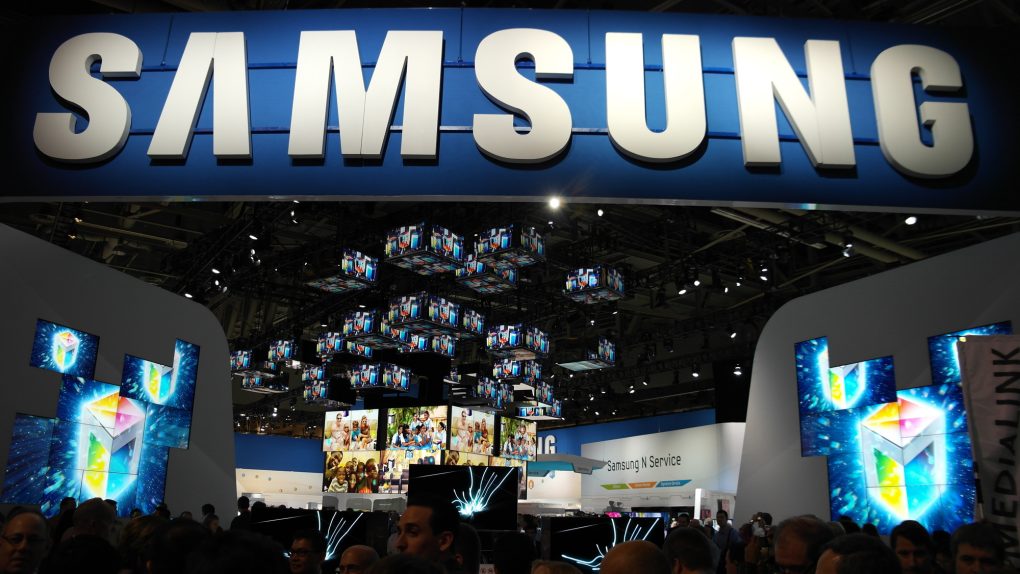With Apple’s revenue from China having dropped last quarter, the company is coming under more pressure to negotiate a deal with carrier China Mobile to get its devices into the hands of more consumers in China, the world’s top smartphone market. Adding to the pressure on Apple to cut a deal with China Mobile is the performance of its arch-rival Samsung, which is positively crushing Apple in the Chinese smartphone market. Reuters has a lengthy report detailing how Samsung’s is running rings around Apple in China and much of it has to do with practices that Samsung’s critics often cite as a reason for its inferiority to Apple: Namely, its willingness to spam a market with different variations of gadgets and its emphasis on jam-packing its phones full of “gimmicky” features of questionable usefulness.
“The Chinese just love features,” Michael Clendenin, the managing director of technology consultancy RedTech Advisors, tells Reuters. “They want their phone to have 50 different things that they’re never going to use. Apple just doesn’t play that game. Unfortunately, if you want to hit the mainstream market in China, and you want a lot of market share percentage points, you have to offer the Swiss army knife of cellphones.”
Samsung’s willingness to pump out an enormous variety of smartphone models is also helpful since it can successfully market its devices to both high-end consumers with the Galaxy S IV and to less wealthy consumers with its horde of cheap Android smartphones.
Finally, Samsung has been much more accommodating of Chinese mobile operators than Apple has by showing a willingness to modify its devices to meet the needs of every carrier. So while Apple has been bargaining hard with China Mobile over revenue sharing, Samsung has been happily willing to accept less revenue if it means access to bigger markets.






